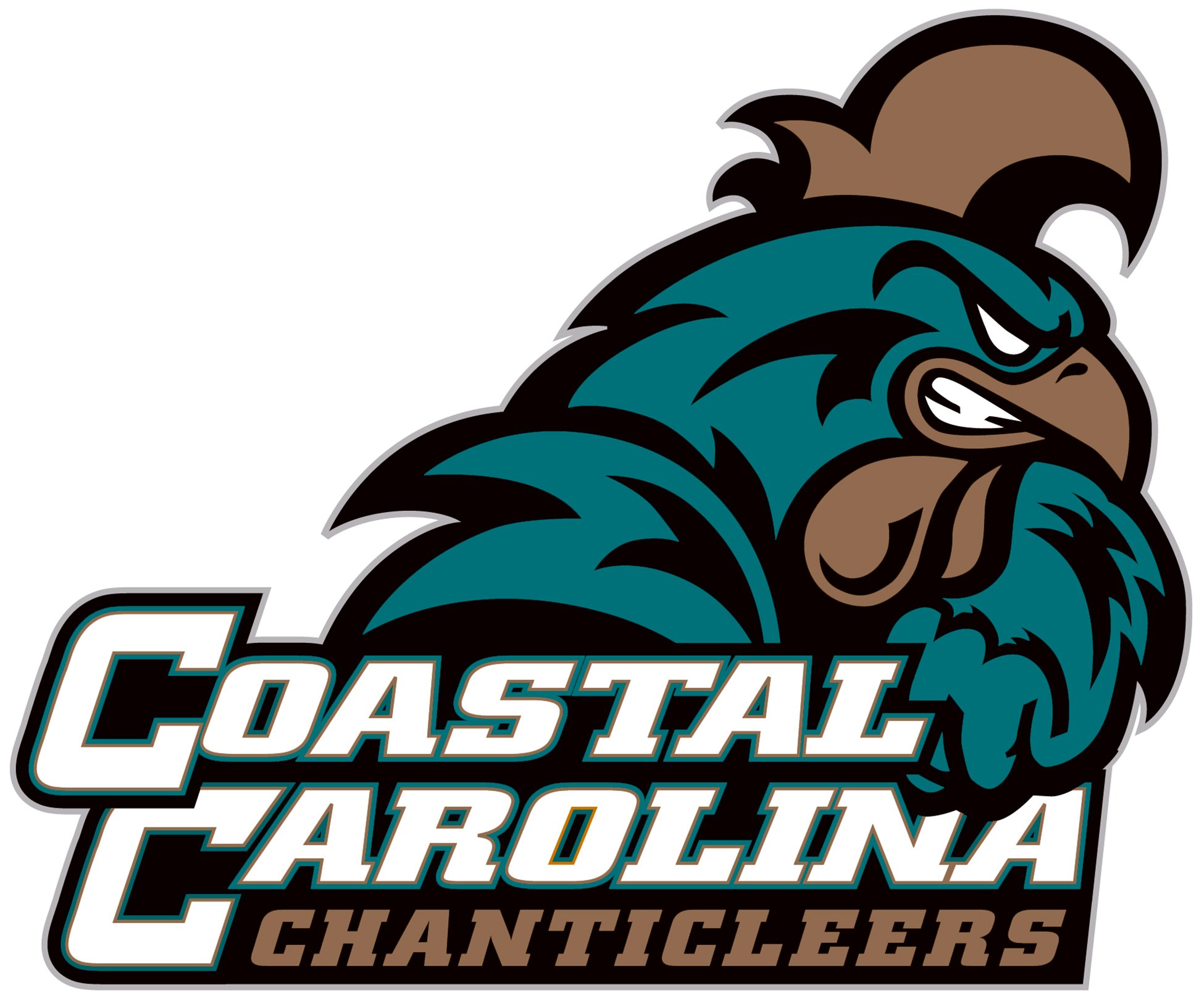(Editor’s note: This opinion piece was written on behalf of 16 current and former school superintendents in Arizona after one-sided articles appeared in the Pittsburgh Post-Gazette in which GCU was not given an opportunity to respond. The Post-Gazette declined to publish this op-ed.)
We are reaching out to share our experiences with Grand Canyon University in light of the Pittsburgh Post-Gazette’s recent articles and the Pittsburgh Public Schools’ decision to cancel an agreement with GCU to provide education opportunities that would increase the diversity of teachers in its schools.
As superintendents of various school districts in Arizona that are also quite diverse, we laud the initiative to address that issue in Pittsburgh’s schools.
Specific to GCU, we can tell you that its graduates are highly sought after in our school districts and many of our teachers are choosing to earn graduate degrees at GCU to further their education. In fact, several of the superintendents whose names are on this op-ed have either achieved doctoral degrees from GCU or have family members and relatives who attend GCU.
We understand that a lawsuit brought by a handful of doctoral students (out of more than 100,000 total GCU students) was at the heart of the concerns related to GCU. That complaint has already been reviewed and dismissed by the Arizona Private Postsecondary Board and GCU also expects the lawsuit will be dismissed by the courts.
What we can tell you, from first-hand experience, is that the doctoral program at GCU is very rigorous academically. GCU provides incredible support to its doctoral candidates to help them on that journey, but many students are still unable to complete that level of scholarly attainment. In fact, a study by the Council of Graduate Schools showed that only 56.6% of 49,000 doctoral candidates attending 30 institutions were able to complete their degree within 10 years. GCU should not and will not lower its standards to accommodate students who are unable to meet those doctoral requirements.
We can also tell you, from our experience dealing with GCU, that the university is sometimes misunderstood in traditional higher education circles because of its innovative financial model. When the nonprofit university was $20 million in debt in 2004 and about to close its doors, it instead took on an investor and then in 2008 became a publicly traded institution in order to gain access to capital and grow the university. Since that time:
- Enrollment on the Phoenix campus grew from 900 students to 22,000 while also increasing the quality of those students (average incoming GPAs increased from 2.7 to 3.5).
- Online enrollment grew to more than 80,000 students, half of whom are studying at the graduate level.
- The university invested $1.3 billion into academic infrastructure on its Phoenix campus, which has been ranked as high as No. 7 in the country, while pouring $200 million into advanced technologies to help support online students.
- GCU was able to accomplish all of that without passing those costs on to students through increases in tuition, which has been frozen on the Phoenix campus for 11 straight years, and only nominal 1% increases in online tuition costs.
GCU utilized a financial model that, instead of relying on state taxpayer dollars, used capital from the public markets to grow the university. It also pledged to keep tuition affordable – both ground and online students pay, on average, about $9,000 per year in tuition after institutional discounts. As a result, its graduates take on less debt (an average of $18,750) than the average at public and private nonprofit universities ($28,650 according to the Institute for College Access and Success).
Grand Canyon has since gained approval from its accrediting bodies to return to its roots as a nonprofit university, but what many people don’t realize is that, even when it was a for-profit institution based on its tax status, it operated essentially as a nonprofit in that all profits were reinvested back into the university and no dividends were ever paid to its shareholders.
Critics question the path GCU has taken because it is different and try to assert the nonprofit conversion was done to escape federal for-profit regulations (when, in reality, GCU is well within those guidelines) or that GCU’s master services agreement with Grand Canyon Education is inappropriate (even though hundreds of nonprofit universities outsource similar services to third-party for-profit providers).
As superintendents in Arizona, all we see is that it works. GCU not only gives back to its community in incredibly meaningful ways but it has utilized a financial model that makes private Christian education affordable. In a world where higher education is suffering a fiscal crisis with rising tuition costs and overwhelming amounts of student debt, GCU’s approach should be commended, not criticized.
Sincerely,
Dr. Krista L. Anderson – Superintendent, Apache Junction Unified School District
Toni Badone – Superintendent (ret), Yuma Union High School District
Dr. John M. Baracy - Superintendent (ret.), Scottsdale Unified School
Dr. Steve Bebee – Superintendent, Casa Grande Union High School District
Mr. Brian Capistran - Superintendent, Glendale Union High School District
Dr. Howard Carlson - Superintendent, Wickenburg Unified Schools
Mr. Tim Carter - Superintendent, Yavapai County
Dr. Donald D. Covey – Superintendent (ret), Maricopa County
Dr. Lily Matos DeBlieux – Superintendent, Pendergast Elementary School District
Dr. Nora Gutierrez – Superintendent, Tolleson Union High School District
Dr. Marian Hermie - Superintendent (ret), Fountain Hills Unified School District
Dr. Beverly Hurley – Superintendent (ret), Buckeye Union High School District
Dr. Donna W. Lewis – Superintendent, Creighton School District
Dr. Tracey Lopeman - Superintendent, Maricopa Unified School District
Dr. Gerry Petersen-Incorvaia – Assistant Superintendent, Glendale Elementary School District
Mrs. Barbara U’Rren - Superintendent (ret), Cottonwood-Oak Creek School District















